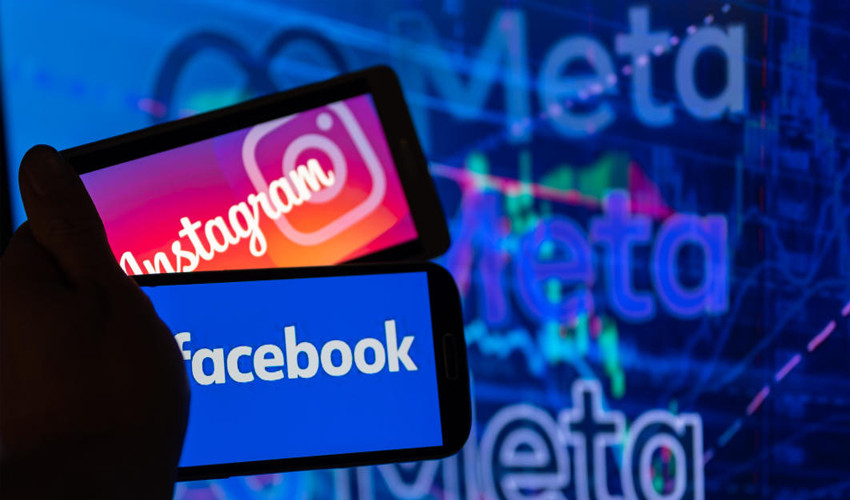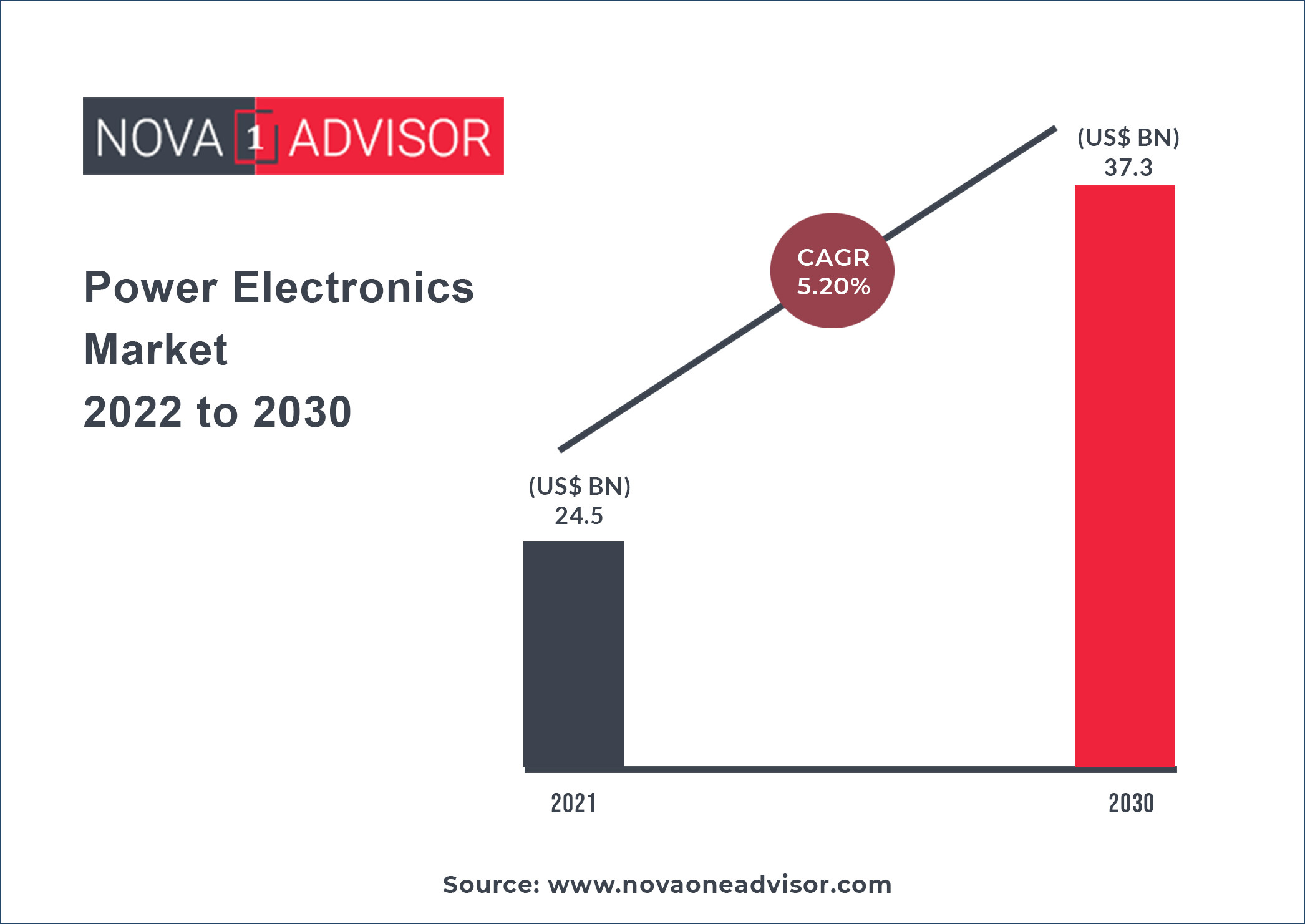Massive Global Outage Hits Meta Apps: Facebook, Instagram, and WhatsApp Down
Reports of widespread outages began flooding in around 12:30 p.m. EST, with over 100,000 Facebook users reporting problems on DownDetector within an hour. Tens of thousands of Instagram users also reported issues, along with a similar spike for WhatsApp and Threads. The sheer volume of complaints indicated a significant problem affecting millions of users worldwide.
Upon attempting to access Facebook, many users encountered an error message stating, “We're working on getting this fixed as soon as we can.” This message, while simple, underscored the scale of the issue and the urgency with which Meta was addressing the situation. The widespread disruption also extended to Meta's business products. Meta’s status and outages page indicated “major disruptions” across various platforms, including Facebook Ads Manager, Messenger API for Instagram, Messenger, and WhatsApp Business API.
The Extent of the Outage: Global Impact and User Reports
The outage was far-reaching, impacting users across the globe. Problems were reported in the UK, parts of Europe, Asia, Australia, South America, and the US. Downdetector, a website that tracks outages, registered a massive surge in reports, with over 100,000 Facebook users and over 68,000 Instagram users signaling issues at their peak. The numbers for WhatsApp and Messenger were also far above their typical levels, illustrating the magnitude of this digital blackout.
Downdetector's Role in Tracking the Outage
Downdetector, as an independent site gathering user reports, helped quantify the scope of the problem. While not a perfect representation of all affected users, the sheer volume of reports on Downdetector – the peak of the outage, there were more than 538,000 reports of issues with Facebook and more than 91,000 issues with Instagram— undeniably pointed to a major disruption in service across Meta's platforms.
Meta's Response and Resolution
Meta acknowledged the issue via a post on X, formerly known as Twitter, stating, “We’re aware that a technical issue is impacting some users' ability to access our apps. We’re working to get things back to normal as quickly as possible and apologize for any inconvenience.” This timely response demonstrated Meta's awareness of the situation and its commitment to resolving the problem.
Later updates on X indicated that the issue was nearly resolved, with Meta reporting it was “99% of the way there – just doing some last checks.” Within a short time, Instagram announced on X that they were back online: "Andddd we're back — sorry for the wait, and thanks for bearing with us." This rapid recovery showcased Meta's proactive approach to resolving technical glitches and its commitment to minimizing user disruption. Facebook, however, did not immediately confirm the resolution.
Meta's Track Record with Outages
This wasn't Meta's first encounter with a large-scale outage. In March 2024, a similar global outage lasted over two hours and impacted hundreds of thousands of users, highlighting the inherent challenges of maintaining such massive, interconnected systems. This previous incident underscores the potential for these critical breakdowns, even for tech giants like Meta.
The Ripple Effect: Broader Implications of Digital Disruptions
The outage highlighted the critical role Meta's platforms play in global communication and information sharing. The disruption caused by the outage underscored the reliance billions have on these apps for communication and information, as well as the economic implications when such platforms go offline, illustrating the interconnectedness of our digital world. The fact that even a brief period of inaccessibility to these apps creates a massive disruption underscores the deep integration of these social media platforms in modern life.
The outage also served as a reminder that even the most robust technological systems are susceptible to failure. This incident prompted a reflection on digital infrastructure resilience and the potential for future disruptions, and the need for increased redundancy and failover mechanisms to mitigate the impact of such outages. The cascading effects on businesses reliant on Meta's advertising and communication tools further highlighted the systemic vulnerability.
Learning from the Past: Improving System Resilience
With each major outage, the tech industry, including Meta, learns valuable lessons about system resilience. The analysis of such incidents informs improvements in infrastructure, software design, and disaster recovery planning, aimed at preventing or mitigating similar disruptions in the future. This constant iterative process is crucial for maintaining a stable and dependable digital landscape.
A Day in the Life (Without Meta)
The temporary absence of Meta's apps provided a rare glimpse into a world where these platforms were not instantly accessible, providing an unusual opportunity to reflect on the influence these tools have in our daily routines. This enforced digital detox, even if temporary, offers a moment for introspection and a chance to explore alternative communication methods. The widespread impact emphasizes our dependence on digital tools for communication and information access, sparking conversations about the implications of such over-reliance. For millions, it was a reminder that digital services, however indispensable, are not infallible.
Meta's quick recovery from the outage serves as a testament to their commitment to maintaining a reliable service despite the challenges inherent in managing such a large and complex digital ecosystem. It is likely that improvements in infrastructure and enhanced failover mechanisms will be implemented to prevent such significant disruptions in the future. But the reality of technological vulnerabilities remains a constant reminder of the need for robust contingency plans across all digital platforms.

















